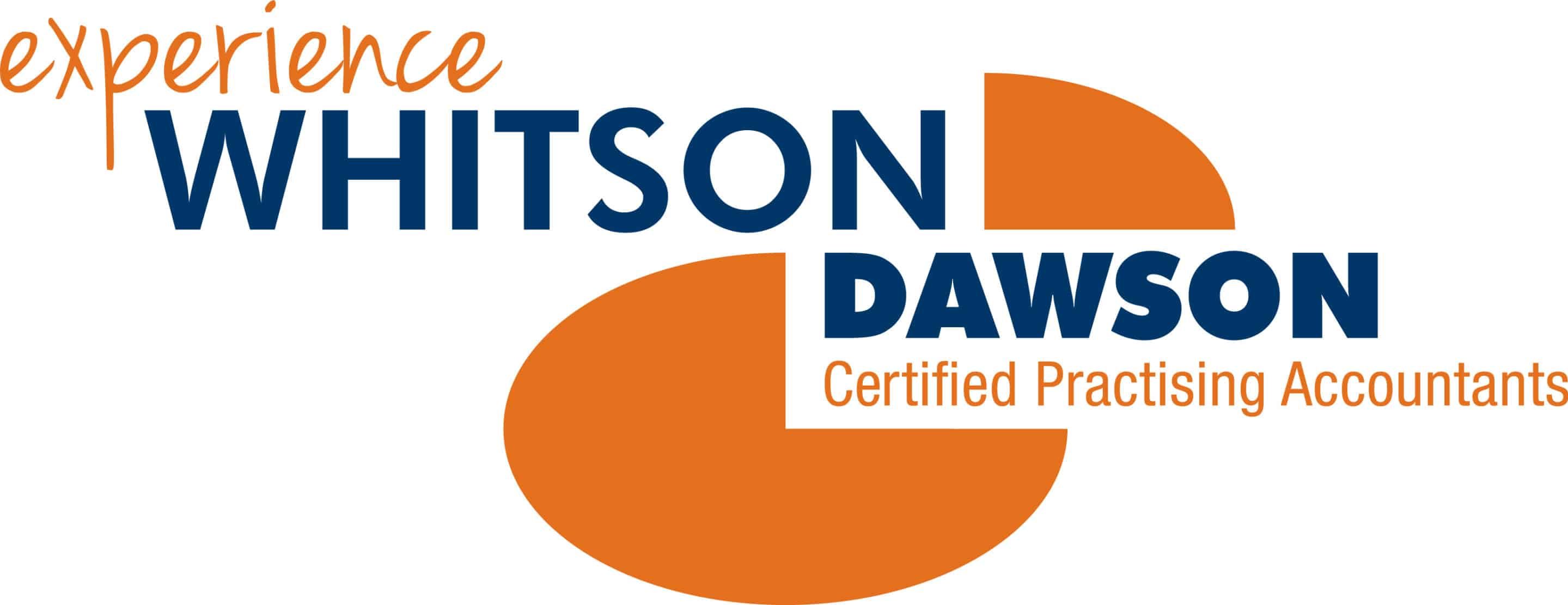Key Information For Employers
Estate planning is the process of organising and arranging the distribution of a person’s assets and property after their death. It involves creating a comprehensive plan to ensure their wishes are honoured and their assets are distributed according to their desires, while also reducing or eliminating taxes, legal fees and other expenses.
How to ‘do’ Estate Planning
While estate planning can be done in a variety of ways, the most effective plans involve the assistance of estate planning lawyers. Lawyers for estate planning can help ensure that all aspects of the plan are considered and that the plan is legally binding. Here are some key elements to consider when creating an estate plan:
- Wills and trusts: A will is a legal document that outlines how a person’s assets will be distributed after death. A trust is a legal arrangement where a trustee holds and manages assets for the benefit of the beneficiaries.
- Power of attorney: This is a legal document that gives another person the authority to make decisions on behalf of the individual.
- Advance care directive: This is a legal document that outlines a person’s wishes for their medical treatment if they become incapacitated.
Importance of Estate Planning
For some, the thought of planning their estate can be overwhelming, but the consequences of acting before it’s too late can be significant and far reaching. If a person dies without a will or any other estate plan in place, their assets will be distributed according to the laws of intestacy. This means that the government will determine who inherits the deceased person’s assets, regardless of their personal wishes or the needs of their family.
Here are some of the consequences of not planning one’s estate:
- Confusion and conflict: Without a clear plan, family members and other beneficiaries may dispute the distribution of assets, leading to conflicts, legal battles and expensive court fees.
- Unintended distribution of assets: Without a will, assets may not be distributed as the deceased person intended, potentially leading to financial hardship for their loved ones.
- Increased taxes: Estate taxes can significantly reduce the amount of money available for the beneficiaries, but with proper planning, it may be possible to reduce or even eliminate these taxes.
- Estate administration expenses: The process of settling an estate without a plan can be complex and time-consuming. It may also involve significant expenses for legal and administrative fees.
Overall, not planning one’s estate can lead to a range of negative outcomes, including financial loss, emotional stress and family conflicts.
Take Action Today
Don’t wait until it’s too late to plan for your financial future. Partner with the trusted team at Whitson Dawson, a third-generation, family-run accounting practice providing comprehensive business and financial services to clients throughout Mackay.
Our knowledgeable team of accountants can assist in creating a comprehensive estate plan to help protect your assets and ensure your wishes are honoured after your death. Our focus on building strong relationships with our clients, combined with our core values of honesty, accountability, integrity, empathy and diligence, makes us a trusted partner for estate planning. Get in touch with us today via our contact form or give us a call at (07) 4957 2985.







Recent Comments